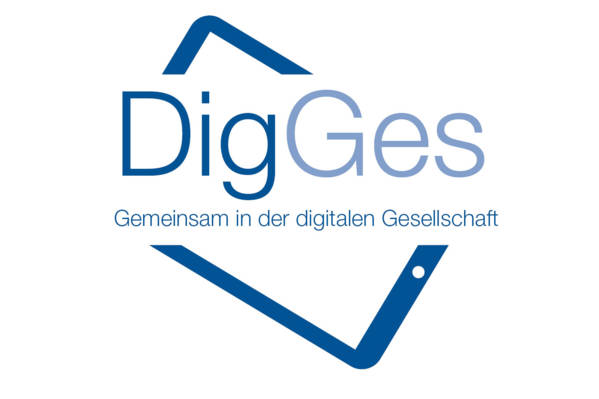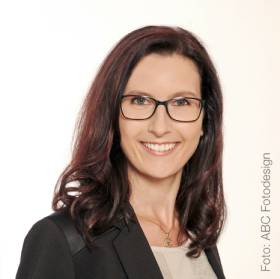Further developing digital teaching and learning materials involving teachers, students, parents and grandparents

Background
Digitalisation has become a part of everyday life. Digital information and tools permeate all functional areas of society - making it impossible to make a strict distinction between a "digital world" and an "analogue world". Especially for children and young adults, smartphones and tablets are always to hand and are used in parallel with other activities. This leads to constant switching between analogue and digital.
Project objective
In this project, existing digital teaching and learning materials are further developed, involving teachers, students, parents and grandparents. The basic overarching theme of the materials to be developed is digitalisation itself: A topic that affects all school subjects as well as all areas of social life. For this reason, the highest priority is integrating the manifold combinations of digitalisation comprehensively and with innovative teaching and learning materials in the classroom, not only for and with students, but also their parents and grandparents. The aim is to support these groups in an intensive joint examination of the conditions and effects of digitalisation on different areas of life. Going beyond a purely technical view, the focus is on the social, political and economic dimensions of digitalisation, specifically involving humanities and social sciences.
Existing materials on the subject of social conditions and the effects of digitalisation are jointly analysed and examined for relevance and suitability for students and teachers. They are then expanded with state-of-the-art findings from social science research on the topic. New aspects are integrated, and on this basis and with the participation of all actors, new teaching and learning aids for the topic are created. This ensures the transfer of knowledge from current social science research to schools.
Approach
A key question is how all actors involved can be supported or empowered to further develop their own digital literacy in the sense of social dimensions. Key points are:
- Interacting with media biographies
- Know-how about the creation processes, design principles and aesthetics of (online and offline) media content and their framework conditions
- Web 2.0 and social media as dialogue-oriented channels
- Testing and use of various tools for planning, implementation and distribution of various media content as well as for accompanying and promoting learning processes
- Dealing with data literacy and knowledge management: where and how to find content and evaluate its information quality
- Political participation with digital tools
- "Safer Internet." Virus protection, passwords, handling Hate-Speach and Cyber Bullying
- Legal aspects: Copyright (incl. Creative Commons and Public Domain), personal rights and aspects of the Basic Data Protection Ordinance relevant for students
Partner schools
By involving schools from a peripheral, rural region (Private NMS Zwettl, Waldviertel) as well as from an urban central location (Hertha Firnberg Schulen für Wirtschaft und Tourismus, Vienna), different perspectives regarding the social and economic conditions and effects of digitalisation are integrated, making inclusive development possible.
Link
You want to know more? Feel free to ask!
- Private Neue Mittelschule Zwettl
- Hertha Firnberg Schulen für Wirtschaft und Tourismus
- Digitale Bildungsgesellschaft



